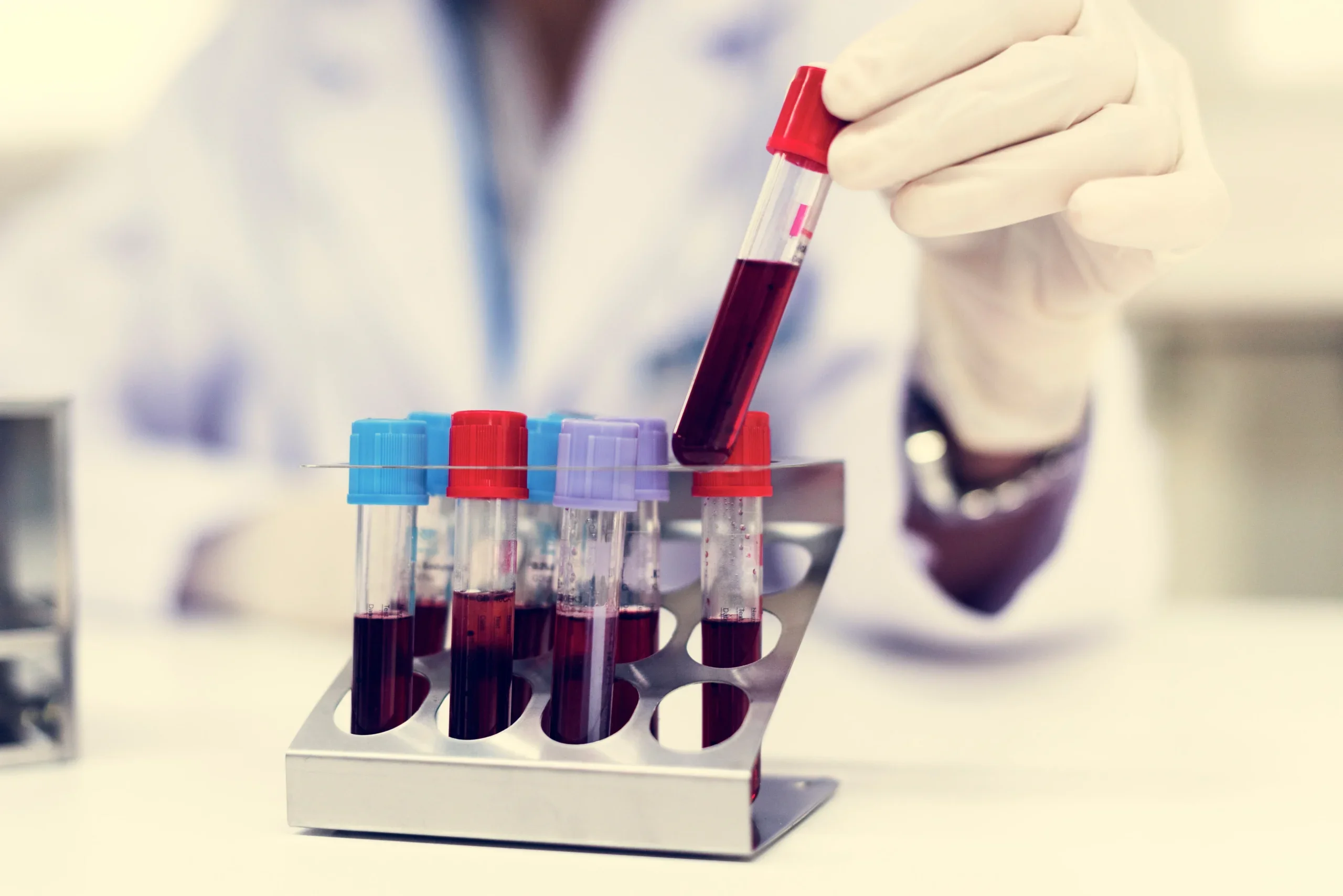NUS Medicine partners Qu Biologics to improve efficacy of CAR T-cell therapy in solid tumours
Published: 18 Dec 2024

Credit: rawpixel
In a collaboration between a team from the Yong Loo Lin School of Medicine, National University of Singapore (NUS Medicine), and Qu Biologics Inc., a clinical stage biopharmaceutical company developing Site Specific Immunomodulators (SSIs), a novel platform of immunotherapies designed to restore innate immune function, scientists demonstrated that combining the SSI with CAR T-cell therapy significantly improved survival rates compared to CAR T-cell therapy alone, achieving an impressive 80% survival rate after 31 days of treatment. In contrast, the survival rate for CAR T-cell therapy alone was notably low, falling to 0% after just 18 days of treatment.
These study results are important because CAR T-cell therapy, while very effective in certain kinds of blood cancer, has not been effective in solid tumours, which represent more than 95% of all cancers. CAR T-cell efficacy in solid tumours has been impeded by poor infiltration of CAR T-cells into the tumour and immune suppression in the tumour. The marked survival advantage in this study conducted by scientists at NUS Medicine using QBECO SSI in combination with CAR T-cells suggests that QBECO SSI may provide a solution to meaningfully improve outcomes for solid cancers.
Prof Nicholas Gascoigne from the Immunology Translational Research Programme at NUS Medicine said, “This is exciting data. The CAR T-cell field has been looking for a solution to the barriers that have prevented CAR T-cell efficacy in solid tumours. While early, the data is very promising. If CAR T-cell therapy could be effectively applied to solid tumours, it would transform the field of oncology.”
“The survival data in this study was not subtle. There was an impressive survival advantage in the combination QBECO CAR T-cell group. Qu’s QBECO SSI is designed to increase immune cell infiltration into solid tumours and restore immune function in the tumour, addressing the exact challenges that have prevented CAR T-cell efficacy in solid tumours to date,” said Dr Hal Gunn, Chief Executive Officer of Qu Biologics.

